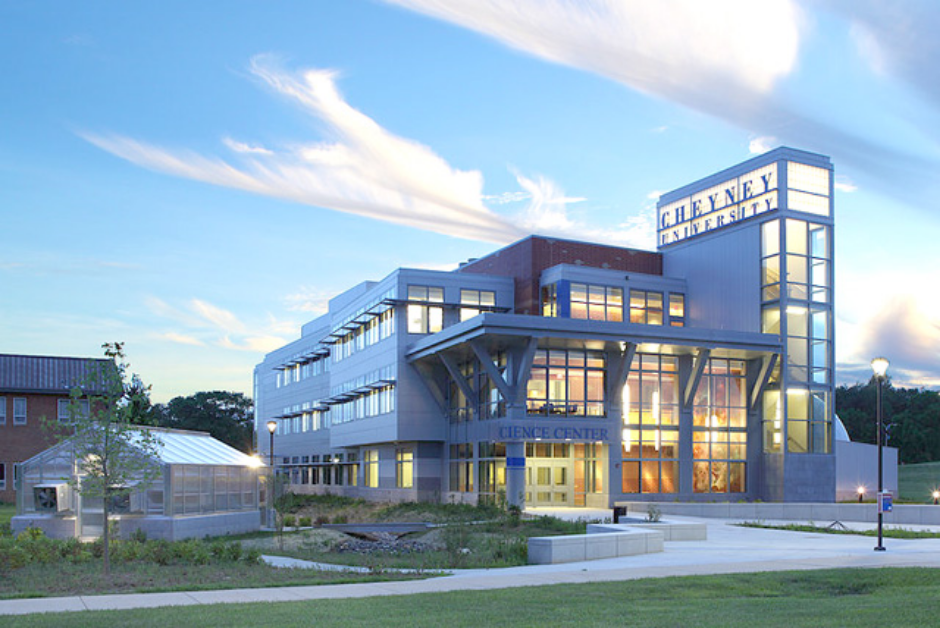Cheyney University President Aaron Walton is implementing a new plan he hopes will keep the longest running HBCU in America accredited.
The school has until the end of its fiscal year on June 30 to prove to the Middle States Commission on Higher Education it can balance its budget and come up with a plan to get itself out of debt, PennLive reports.
If it fails, the HBCU will lose its accreditation. A loss of accreditation would mean students at the school would no longer be able to receive federal financial aid, according to WHYY. The effects would prove devastating as 94 percent of Cheyney's student body, some 375 students, rely on federal assistance to attend the university.
Walton was appointed by the school's board of governors only 21 months ago and was tasked with saving the school. The president has been on a steady mission to improve enrollment and find new sources of income since then. The Middle States Commission on Higher Education has supported his mission, going so far as to grant Cheyney an unprecedented additional year to get its finances in order.
The university faces a few significant problems. Enrollment has dropped over the past decade. In 2009, there were about 1,400 enrolled students; Now, there are only 415. In the past year alone, the enrollment rate decreased by 38 percent.
Cheyney also owes a lot of money to the state of Pennsylvania, $43 million to be exact. In a report to state senators, State System of Higher Education Chancellor Dan Greenstein said a loan of $10 million would help the school keep operating. State leaders have not authorized that loan.
The university reportedly has close to $2.3 million in cash available, enough to cover about eight more weeks of the school's bills.
Blavitize your inbox! Join our daily newsletter for fresh stories and breaking news.
A task force has been formed to create and implement a plan to increase revenue for the school system. The strategy consists in part of changing the school from a university to an institute: the Institute for the Contemporary African American Experience. The task force hopes the school will be strengthened by focusing on race-related studies.
Cheyney has also reached out to corporate partners including Starbucks and Epcot Crenshaw Corp; it has found some success in raising money this way. However, the actual amount raised from the partnerships has not yet been publicly divulged.
Greenstein said during his meeting with state officials he believes in Walton, calling the president "probably one of the nation’s most creative leaders in higher education today.”
However, the chancellor isn't convinced Cheyney's changes will rescue it.
“At the same time, it is my opinion that Aaron has arrived several years too late,” Greenstein said.
Nina-Simone Beaver, a senior enrolled in Cheyney’s Keystone Honors Academy program, has faith her school will pull through.
“With time, 183 years, there becomes old branches,” Beaver said. “But I will say, you have to be careful because even though you want this tree to grow, you can’t cut it down so much and hinder the roots.”
Robert Bogle, the chair of the school’s council of trustees, was even more emphatic.
“I’m not prepared to give up on Cheyney,” Bogle said. “I would hope that no one is prepared to give up. Should you be serious about, ‘What if?’ Sure. You have to be reasonable and concerned.”
Now, check these out:
Students Allowed To Put Colin Kaepernick Poster Back Up After It Upset A School Official
Bennett College Regains Temporary Accreditation After Suing Accreditor
